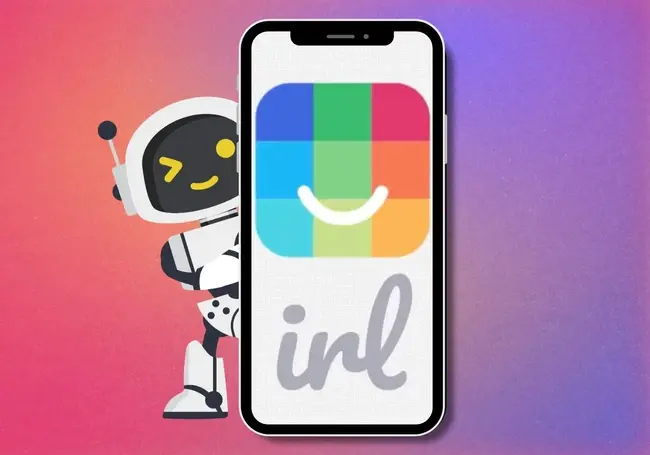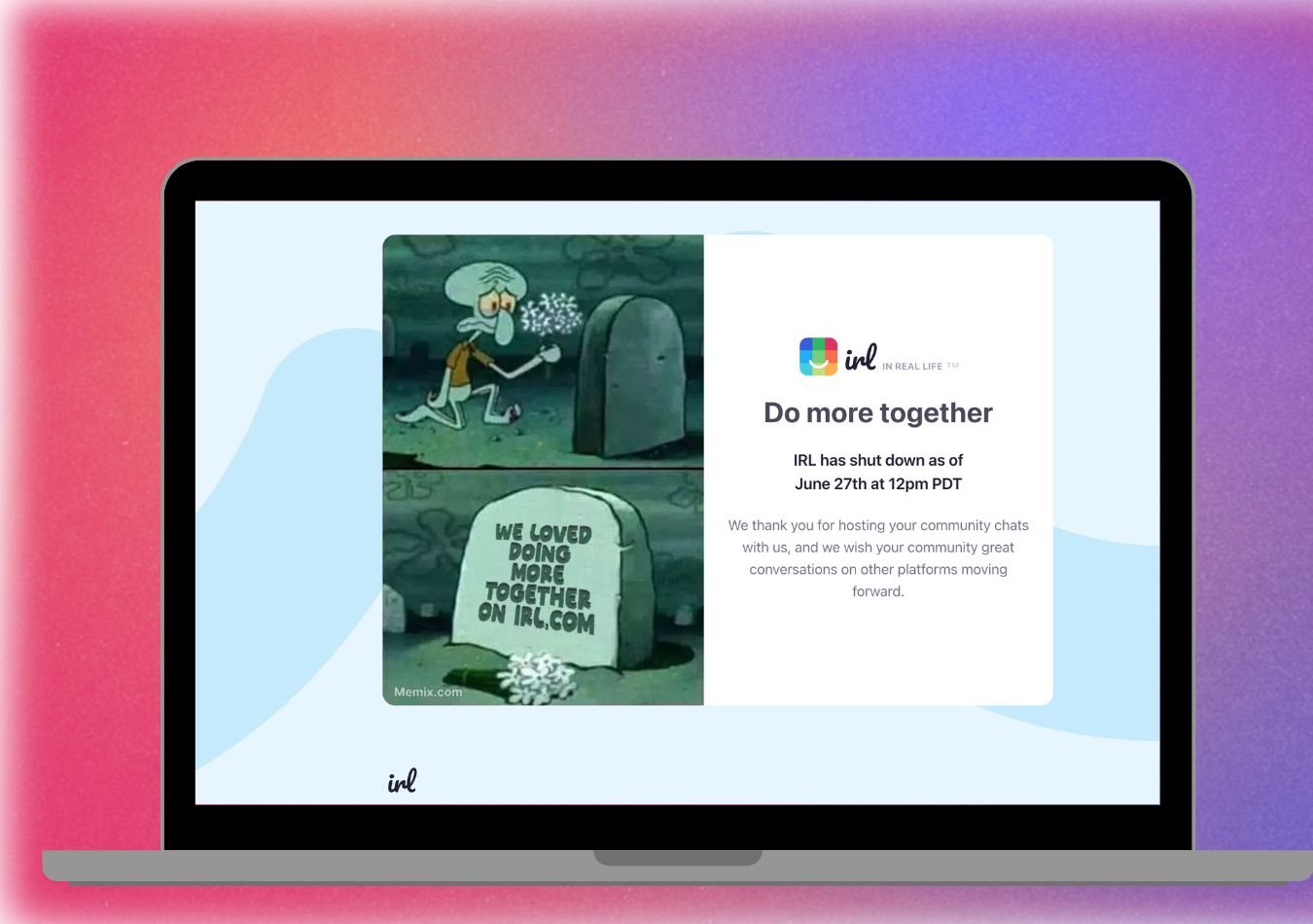IRL, the social network app once thought to rival Facebook, is back in the headlines for all the wrong reasons.
The app, which promised to revolutionize how people connect in the real world, saw a meteoric rise followed by a spectacular fall. An internal investigation revealed that 95% of IRL's reported 20 million users were completely fake.
As of 2024, Founder and CEO, Abraham Shafi, has been charged with fraud, casting a long shadow over the platform that once held such promise.
In this article we’ll explore the IRL app and why it failed.

What is the IRL app?
IRL was a social networking platform that aimed to bridge the gap between online and offline interactions. The core idea was to encourage users to meet up in person and participate in real-life events and activities.
The social media app offered a platform for users to easily find local events and activities based on their interests and aimed to provide opportunities for real-life interactions.

Users could also create or join groups centered around their shared interests, allowing for organizing the meetups and fostering a sense of community.
The app included a messaging feature to enable users to communicate and coordinate details for planned events or activities.
What happened to the IRL App?
The IRL app was created with the goal of bringing together the digital and physical worlds. The app aimed to foster real-life connections by providing a platform for users to discover events, form interest based groups, and meet up in person.
With a focus on authenticity and community building, IRL quickly gained traction among young people seeking genuine social interactions offline and outside of traditional social media platforms.
Backed by a strong marketing campaign and a growing user base, IRL rapidly grew to prominence. The app's valuation soared to billions of dollars as investors poured money into the company, betting on its potential to revolutionize social networking. The app's success seemed to be a testament to the growing demand for authentic human connection in the digital age.
However, behind the scenes, the story if IRL was not so successful . A significant portion of IRL's user base was not comprised of real people but rather bots designed to inflate the platform's popularity. These fake accounts created a false sense of growth and engagement, misleading investors and the public.
As the truth about the fake users came to light, the carefully constructed image of IRL began to crumble. Investor confidence plummeted, and the app's valuation depleted. The revelation caused a significant to the company's reputation and made users feel betrayed.
Abraham Shafi, the founder and former CEO of IRL, has now been charged with fraud by the Securities and Exchange Commission (SEC). The charges stem from allegations that Shafi misled investors about the company's growth and financial performance. The SEC's complaint alleges that Shafi raised approximately $170 million through fraudulent means.

Data Governance as Strategy
Reframe governance from compliance overhead to a core operating model for quality, access and decision-making across the enterprise.
The failure of the IRL app serves as a cautionary tale about the dangers of inflated metrics and the importance of data integrity in the tech industry. The app's rapid rise and fall highlighted the risks of prioritizing the appearance of growth over authenticity.







Comments ( 0 )